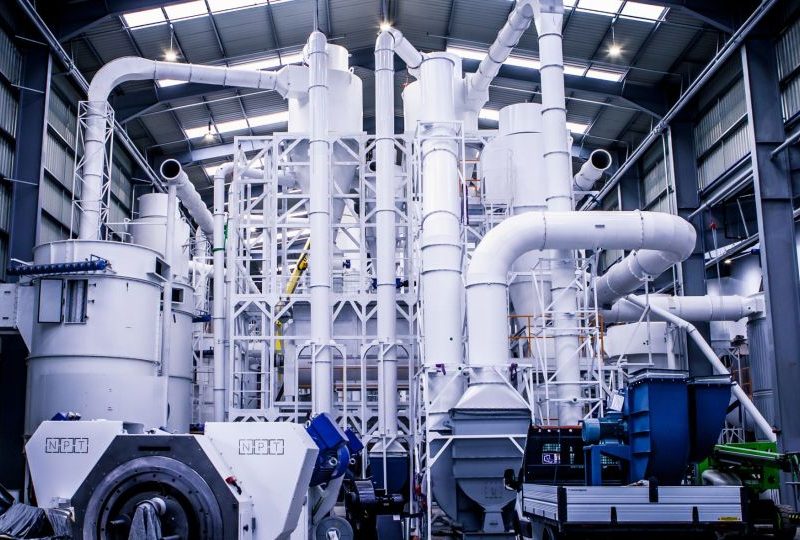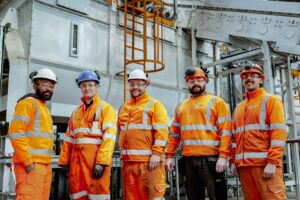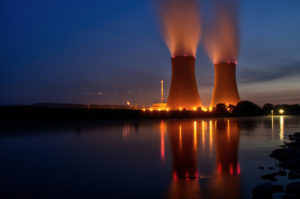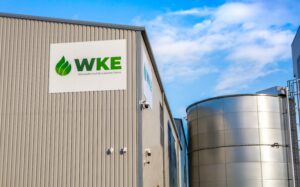First waste is processed at new site
22nd April, 2022
“We can’t wait to move on to a full speed performance test this summer and get ready to commercialise our pellets.”
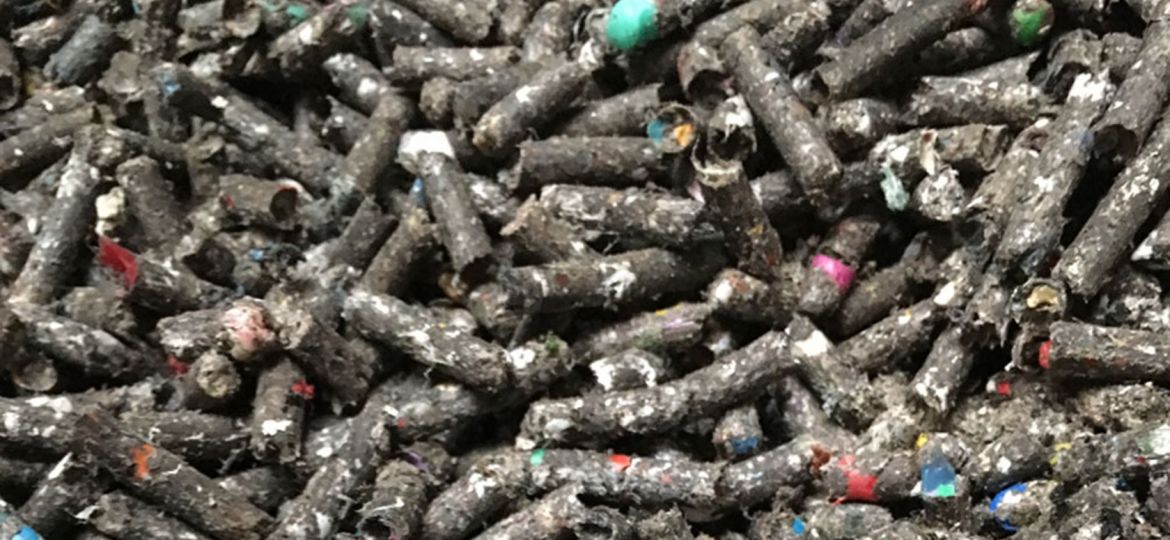
The first loose SRF was brought onto our Middlesbrough site to test out the line-one in-feed process, as well as our material handling, firefly suppression and metal extraction systems, prior to the testing of the first of two dryers.
The facility has been able to process the waste at a rate 13 tonnes an hour comfortably. The dryer, which was partially running at 65 degrees, performed better than expected reducing the moisture content of the SRF from 14.5% on arrival to 4%.
We made some modifications to our in-feed system for optimal results and next week we will bring in more waste to test our second dryer and in-feed system.
We’ll adjust the settings if needed and once the tests are successful, we will push the waste through air density separation, the hammer mill and into the pelletiser for line one.
We aim to do that slowly and carefully to configure the optimum process settings for line one and ensure it runs as smoothly as possible before configuring line two.
We expect to produce the first batch of commissioning pellets for storage and early customer trials in the first half of July. We’ll then undertake a full speed performance test in August.
Ian Jones, CEO of WKE Limited, said: “We’re in that exciting phase where things are on plan. The team has worked incredibly hard to keep us on track and we are starting to see the results of that now.
“We can’t wait to move on to a full speed performance test this summer and get ready to commercialise our pellets.”
Once fully operational, the plant will run two dryers to process 36 tonnes of waste per hour to achieve a production capacity of 250,000 tonnes a year of SIRF pellets.
The pellets are a key part of the solution to fight reliance on fossil fuels for the energy and steel industries as they use 4 to 5 times less Co2 than coal, and twice less than gas.
This could be a real game-changer in ensuring energy security in the UK and meeting our national Net Zero targets.
